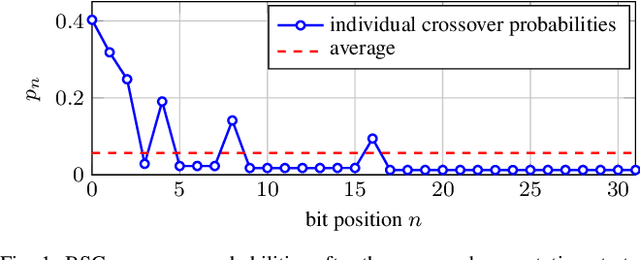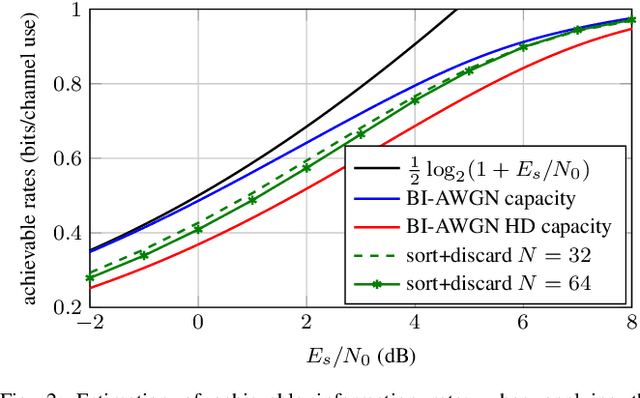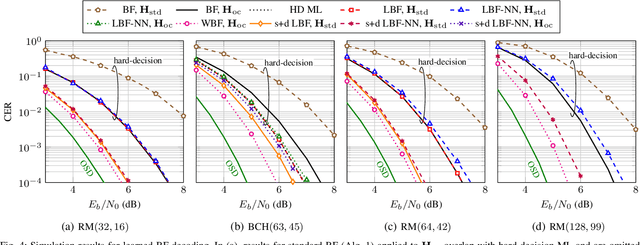Marco Martalò
Reinforcement Learning for Channel Coding: Learned Bit-Flipping Decoding
Jun 11, 2019



Abstract:In this paper, we use reinforcement learning to find effective decoding strategies for binary linear codes. We start by reviewing several iterative decoding algorithms that involve a decision-making process at each step, including bit-flipping (BF) decoding, residual belief propagation, and anchor decoding. We then illustrate how such algorithms can be mapped to Markov decision processes allowing for data-driven learning of optimal decision strategies, rather than basing decisions on heuristics or intuition. As a case study, we consider BF decoding for both the binary symmetric and additive white Gaussian noise channel. Our results show that learned BF decoders can offer a range of performance--complexity trade-offs for the considered Reed--Muller and BCH codes, and achieve near-optimal performance in some cases. We also demonstrate learning convergence speed-ups when biasing the learning process towards correct decoding decisions, as opposed to relying only on random explorations and past knowledge.
 Add to Chrome
Add to Chrome Add to Firefox
Add to Firefox Add to Edge
Add to Edge